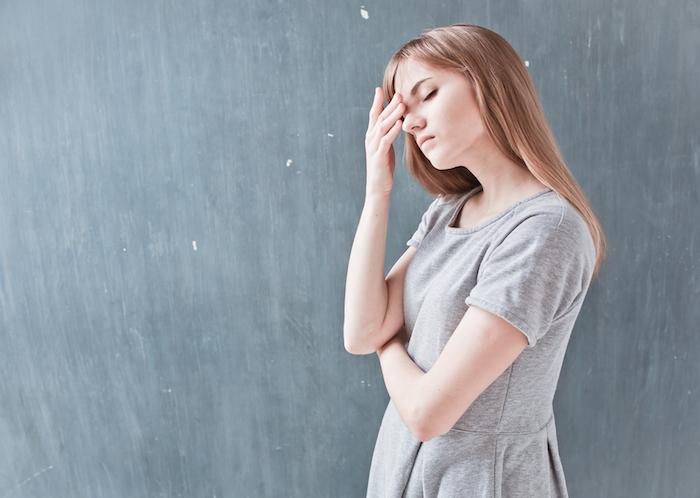
Having Trouble Sleeping? These Things Could Be Contributing to Your Insomnia

Despite hitting the sack at a decent hour, you find yourself tossing and turning for an extended period of time before you’re able to fall asleep. This is an all too familiar scenario for patients who have trouble getting to sleep at night or remaining asleep once they do. Insomnia is the most common sleep problem, with 30% of adults reporting trouble falling asleep.
It’s important to have a healthcare provider rule out medical conditions and examine your daily life and habits. If you’re experiencing sleep problems, it’s helpful to find out how you could unknowingly be sabotaging your ability to get a good night’s rest.
Medical conditions
It’s important that you see a healthcare provider to get any medical conditions under control. Certain medical conditions can prevent you from falling asleep. Here are a few:
- Allergies
- Anxiety
- Acid reflux
- Asthma
- Back pain
- Arthritis
- Thyroid disorders
- Restless leg syndrome
Substances
Alcohol
Because alcohol is a sedative, many people think it may help them sleep. Although alcohol does have sedating effects initially, it can disrupt important chemicals that help you stay asleep. If you indulge in alcohol too close to bedtime, you may find that you fall asleep quickly, but wake up a few hours later unable to fall back to sleep.
Caffeine
Your morning cup of joe may cut into your slumber. If you consume too much caffeine or indulge in it too late in the afternoon or evening, it can keep you wide awake. What’s more, the threshold is highly individual. This means your coworker may be able to have a cup after leaving work and sleep fine, though you may toss and turn if you have caffeine after lunch time.
Nicotine
If you’re a smoker, it’s a good idea to make a plan to quit. Not only does nicotine have a negative impact on your health, it can keep you up at night. Although smoking may feel relaxing, nicotine is actually a stimulant and has effects similar to caffeine. What’s more, it can stay in your system for around 14 hours. If you smoke close to bedtime, you may find yourself tossing and turning.
Unhealthy bedtime habits
Your bedtime routine plays a crucial role in whether you get a good night’s rest. Here are just a few habits that can prevent you from getting shut-eye.
Eating too late
A habit of snacking or eating meals too close to bedtime can keep you up. Food takes a few hours to digest, and during that time, you may find it difficult to fall asleep.
TV, computer, mobile phone
Some of your much-loved devices may be responsible for your lack of sleep. Televisions, computer screens, and mobile phone screens emit blue light that our brains can perceive as daylight. This can suppress sleep regulating hormones and keep you awake.
What to do if you regularly experience insomnia
If you have trouble sleeping on a regular basis, it's a good idea to review your health and think about whether any underlying medical issues or sleep disorders could be contributing to your sleep problems.
In some cases, there are simple steps that can be taken to improve sleep (such as avoiding bright lighting while winding down and trying to limit possible distractions, such as a TV, computer, or pets). In other cases, it's important to talk to your doctor to figure out a course of action.
Stop in and see us
Rose Urgent Care & Family Practice is dedicated to providing the highest level of care to patients throughout Vancouver and Battleground, Washington. Our specialists can rule out underlying causes and help you develop a sleep hygiene routine to help you get the sleep you need. For compassionate care for the entire family, book an appointment with one of our specialists. Call the office nearest you, or book online today.
You Might Also Enjoy...


Ways to Help Prevent Getting a UTI

Treatment Options For Chronic Sinusitis

Dealing with Allergies? Learn When You Should Seek Treatment From the Rose Family Urgent Care

Why You Should Never Ignore the Symptoms of a UTI


